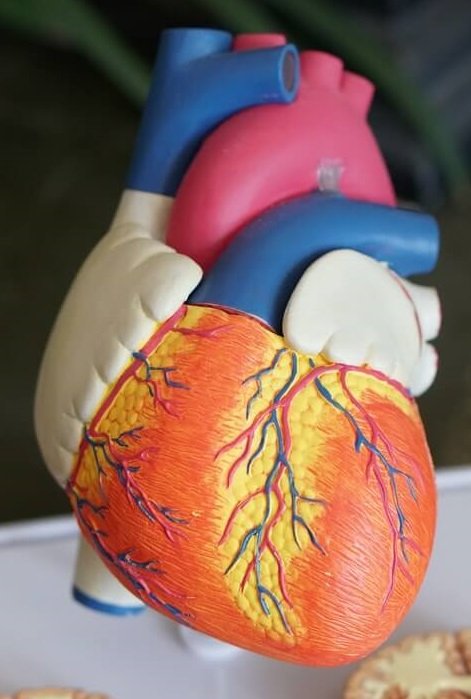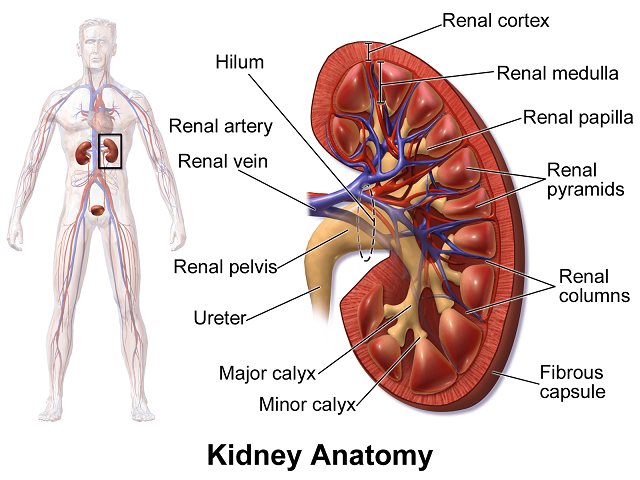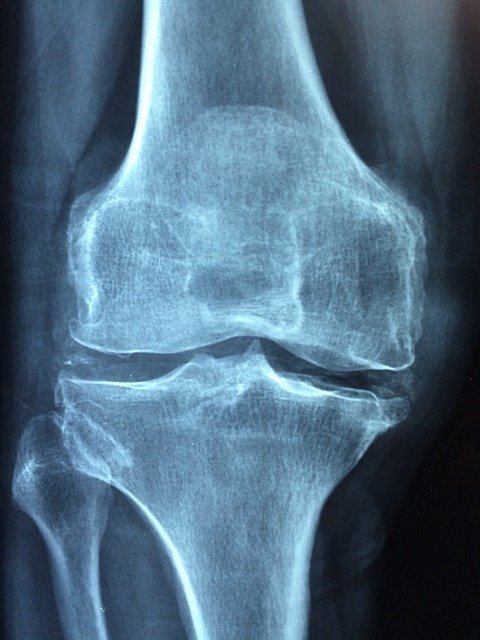Information on this site shall be considered as holistic, alternative and spiritual advice only. For medical advice and treatment a GP, medical professional and/or Certified Hijama Therapist should be consulted. In all circumstances where lifestyle changes, supplements, or other foods are suggested your GP should be consulted. Client Safety is the number one priority.
Cupping / Hijama Points Treatment Plan for Heart Disease
Allow 2-4 weeks between sessions – longer if required. Hijama Points shown for each session should ONLY be used to guide the therapist. Body size, cup size, and any other conditions need to considered and appropriate care and attention taken. The number of sessions shown can be increased or reduced depending on the condition of the client.
Complete Treatment Plan
Click here for Session 1Click here for Session 2
Click here for Session 3
Use the standard hijama points as an additional or as separate standalone sessions.
Standard Wet Points – 1,55,19,119,7,8,46,46,47,133,134
Click here for Hijama Points on the front of the bodyClick here for Hijama Points on the back of the body
If the client has a complicated history and numerous concerns then it is a good idea to use our online consultation service – click here.
Which body part or function is involved in Heart Disease?
As a major part of the circulatory system, the heart is mainly responsible for pumping blood and delivering oxygen and nutrients all over the body. Because of this job, the heart may be supposed to be one of the most important organs of the body, such that even minor dysfunctions or irregularities can cause severe changes or consequences in the human body. The heart is a muscular organ whose working mechanism is made possible by the different parts that regulate together. The heart is divided into 4 chambers that utilize and distribute oxygen-poor or oxygen-rich blood. These chambers are subdivided into veins and arteries that stimulate the same function. With all of its parts working as a system with the same goal, the heart successfully pumps blood without any difficulty.

Detailed Heart Function
Generally, a normal-functioning adult heart could work on three cardiac cycles or 72 beats per minute. The heart structure is made much complicated because of the mechanisms that allow blood to be circulated all over the body and return back to the heart. Simplifying this endless process are two types of blood vessels: veins and arteries. The vessels that carry non-oxygenated blood back into the heart are called veins; those that bring oxygenated blood away from the heart and distribute it to other body parts are called arteries. The heart is the main organ in the circulatory system, the structure is mainly responsible for producing blood circulation and transportation of nutrients throughout the body. This ongoing process enhances the heart’s role as a vital organ whose normal performance is always required. The heart’s blood-pumping cycle, called the cardiac cycle, assures that blood is circulated throughout the body. The operation of the heart could now be effortlessly regulated when any cardiovascular issue or disorder is observed.
What are the symptoms and effects of Heart Disease on the body?
The term “Cardiovascular Diseases” encloses a wide range of complications and disorders related to the human heart. Such as:
- Coronary artery disease
- Heart rhythm problems (arrhythmias)
- Heart defects that are genetically present (congenital heart defects)
- Heart valve disease
- The disease of the heart muscle
- Heart infection
Above all the diseases mentioned the most common heart disease is Myocardial Infarction. Heart diseases are called “ Silent Killer “ because it grows silently and not diagnosed until a person experiences signs or symptoms of a heart attack, heart failure, or abnormal pulse rate. When these events occurs, symptoms may occur.
Coronary artery disease symptoms may vary from men to women. For example, men are more likely to have chest pain. Women are more likely to have other signs and symptoms along with chest distress, such as dyspnea, nausea, and extreme fatigue.

Serious heart defects that people born with (congenital heart defects) usually are diagnosed soon after birth. Heart dysfunctioning signs and symptoms in children could include: o Blue skin formation(cyanosis) o Swelling in the legs, eyes, and abdomen o In newborn, dyspnea during feedings, leading to poor weight gain Less severe congenital heart defects are often not diagnosed until the period between childhood and adulthood. Signs and symptoms of congenital heart defects that usually aren’t directly life-threatening include: o Sudden shortness of breath during exercise or activity o Easy to get tired during exercise or activity Swelling in the hands, ankles, or feet Heart attack: Chest pain or distress, pain in upper back or neck, indigestion, heartburn, nausea or vomiting, severe fatigue. Causes: Heart disease is caused by the formation of plaque inside the vessels. Plaque is a buildup form of fats and cholesterol that causes narrowing of vessels, also, it blocks the blood flow (arteriosclerosis) which then results in poor oxygen supply to the body leading to heart failure, chest pain (angina), or stroke.
What changes in diet can help improve symptoms of Heart Disease?
The most important thing to do is dietary changes, which food you need and which to avoid. Some foods are mentioned that are healthy for any heart-related disease:
- Eat more vegetables
- Whole grains
- Low-fat protein source
- Avoid salt(sodium)
- Use of citrus in diet
- Apple
- Honey
- Lemon
Changes in lifestyle which can help Heart Disease
Some small changes in your daily life can turn beneficial for your suffering. Underlying some guidelines to be followed:
- Avoid smoking
- Maintain healthy weight
- Avoid alcohol
- Caffeine intake
- Try tmake yourself physically active
- Manage stress
- make your menu chart and add a heart-healthy diet
Possible alternative remedies for Heart Disease
Some of the Home remedies are present for quick relief of chest pain caused by cardiac problems and for overall heart health. These home remedies are to make and have numerous benefits that can help improve your heart ailments:
- Apple cider vinegar
- Pomegranate juice
- Garlic
- Ginger
- Curcumin
- Holy basil




